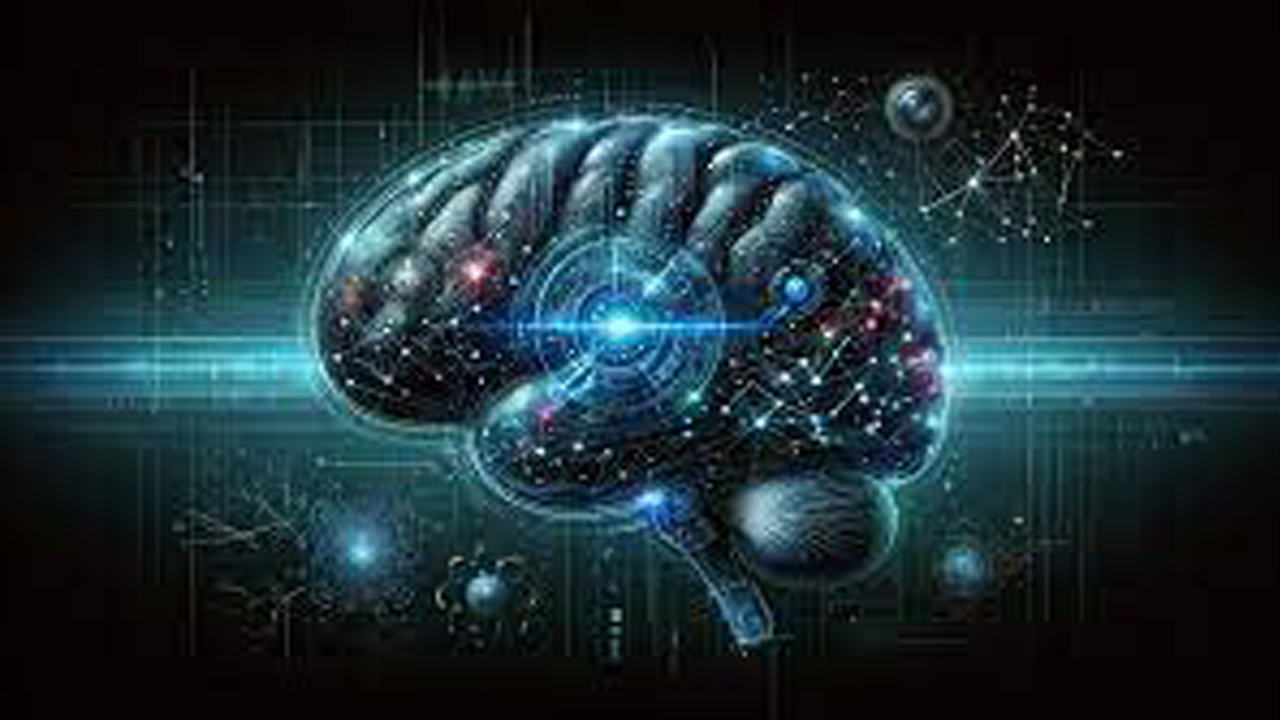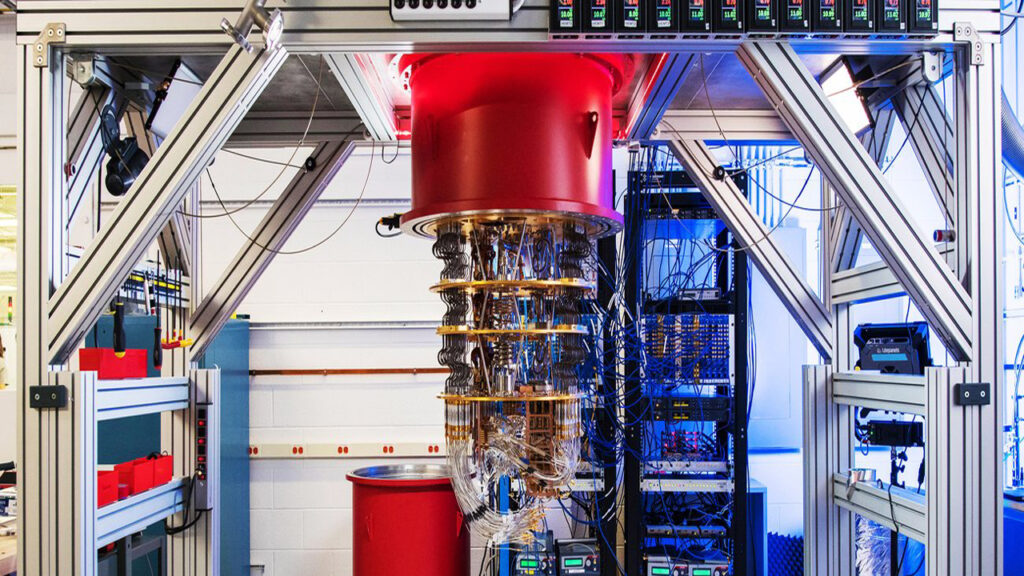Now Reading: Quantum Leap: Why Data Scientists Should Care About the Quantum Revolution
-
01
Quantum Leap: Why Data Scientists Should Care About the Quantum Revolution
Quantum Leap: Why Data Scientists Should Care About the Quantum Revolution

2025 is shaping up to be a pivotal year for quantum computing. While still in its nascent stages, this technology promises to revolutionize various fields, and data science is no exception. As data scientists, staying ahead of the curve is crucial, and understanding the potential of quantum computing is no longer a futuristic fantasy but a present-day necessity.
What is Quantum Computing?
Classical computers, the ones we use daily, store information as bits, representing either 0 or 1. Quantum computers, on the other hand, leverage the principles of quantum mechanics to use qubits. Qubits can exist in a superposition, meaning they can be both 0 and 1 simultaneously. This, combined with other quantum phenomena like entanglement, allows quantum computers to perform certain calculations exponentially faster than classical computers.
Why Should Data Scientists Care?
The implications for data science are immense:
- Solving Unsolvable Problems: Quantum computers can tackle complex optimization problems that are currently beyond the reach of classical computers. This is crucial for tasks like supply chain optimization, financial modeling, and drug discovery.
- Faster Machine Learning: Quantum machine learning algorithms can process vast datasets and identify patterns much faster than classical algorithms, leading to more accurate and efficient models.
- Enhanced Data Analysis: Quantum algorithms can speed up data analysis tasks like searching through massive databases and identifying anomalies, enabling data scientists to gain insights from data more quickly.
- New Possibilities: Quantum computing opens up new avenues for research and innovation in data science, allowing us to explore new algorithms and techniques that were previously impossible.
The Challenges and Opportunities
While the potential is enormous, quantum computing still faces challenges:
- Hardware Limitations: Building and maintaining stable quantum computers is incredibly difficult and expensive.
- Software Development: Developing quantum algorithms and software requires a different way of thinking and new programming languages.
- Error Correction: Quantum computers are prone to errors, and developing effective error correction techniques is crucial.
Despite these challenges, the field is rapidly advancing. Major tech companies like Google, IBM, and Microsoft are investing heavily in quantum computing, and breakthroughs are happening regularly.
How Can Data Scientists Prepare?
While you don’t need to become a quantum physicist overnight, here are some steps you can take to prepare for the quantum revolution:
- Learn the Basics: Familiarize yourself with the fundamental concepts of quantum computing, such as superposition, entanglement, and quantum algorithms.
- Explore Quantum Programming: Start learning quantum programming languages like Qiskit or Cirq to get hands-on experience.
- Stay Updated: Keep up with the latest developments in quantum computing by reading research papers, attending conferences, and following industry news.
- Network with Experts: Connect with quantum computing researchers and practitioners to learn from their experience and explore potential collaborations.
The Future of Data Science
Quantum computing is not going to replace classical computing anytime soon. Instead, it will augment and enhance our capabilities, allowing us to tackle problems that were previously intractable. Data scientists who embrace this technology will be at the forefront of this new era, driving innovation and shaping the future of their field.
In conclusion, quantum computing is a game-changer for data science. While challenges remain, the potential rewards are too significant to ignore. By taking the time to learn and prepare, data scientists can position themselves for success in this exciting new frontier. The quantum revolution is coming, and it’s time to get on board.








